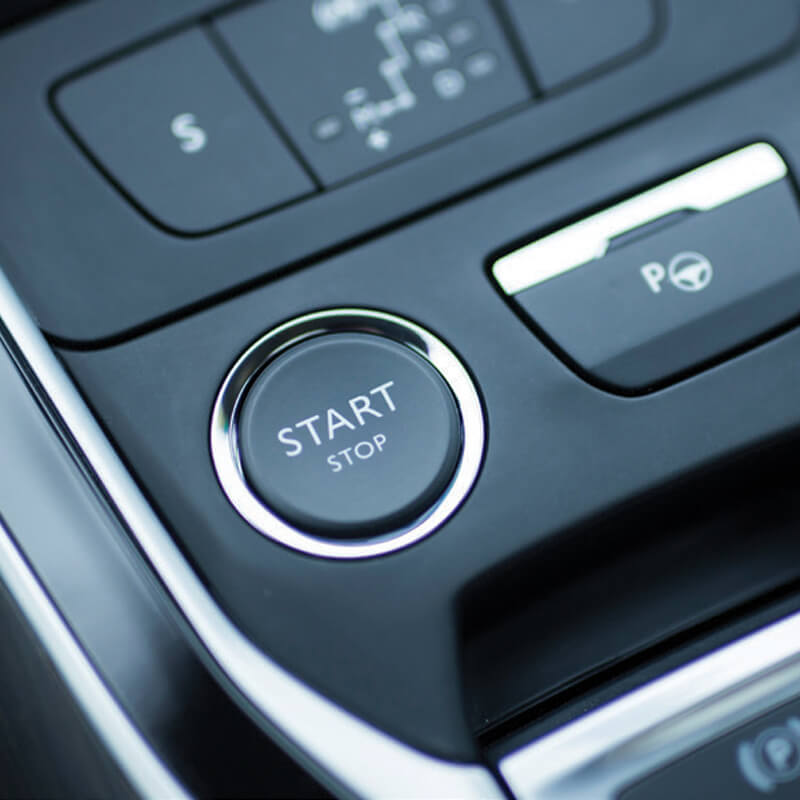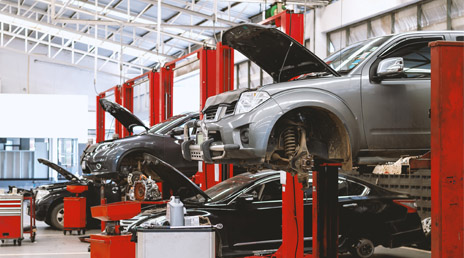Industry action
In 2019, the New Vehicle Security Assessment (NVSA) programme will be updated to include criteria designed to shut down vulnerability associated with keyless entry, along with a review of the criteria relating to parts identification.
The NVSA is the standard against which all new cars are evaluated as part of the insurance group rating.
Alongside this, some vehicle manufacturers are already introducing keys with motion sensors that deactivate the keys when not in use[4].
Vehicle security
Thatcham have released some security tips for drivers with keyless entry systems, including:
- contacting your dealer and talking about the digital features in your car. Have there been any software updates you can take advantage of?
- checking if your keyless entry fob can be turned off. If it can, and your dealer can also confirm this, then do so overnight.
- storing your keys away from household entry points. Keeping your keyless entry fob out of sight is not enough – thieves only need to gain proximity to the key to amplify its signal.
To view a complete list of Thatcham's security tips, visit their 'mynewsdesk' webpage.
Other methods include keeping keys in metallised signal blocking devices, which are designed to protect electronic keys from relay attacks, and traditional anti-theft devices, such as steering-wheel locks, which are a visible deterrent to thieves.
With technology constantly evolving, and methods used by criminals continually changing, the industry is starting to recognise the importance of staying one step ahead where vehicle security is concerned.
References:
1 'Hundreds of popular cars ‘at risk of keyless theft’' (28/01/2019), BBC News
2 'Security risk in keyless cars uncovered' (24/03/2016), Which? News
3 'Thatcham Research Announces 2019 Updates to Mandatory Car Security Standards' (27/04/2018), Thatcham Research - mynewsdesk.com
4 'Thatcham plans standards upgrade to include keyless entry' (25/04/2018), MotorTrader.com






























